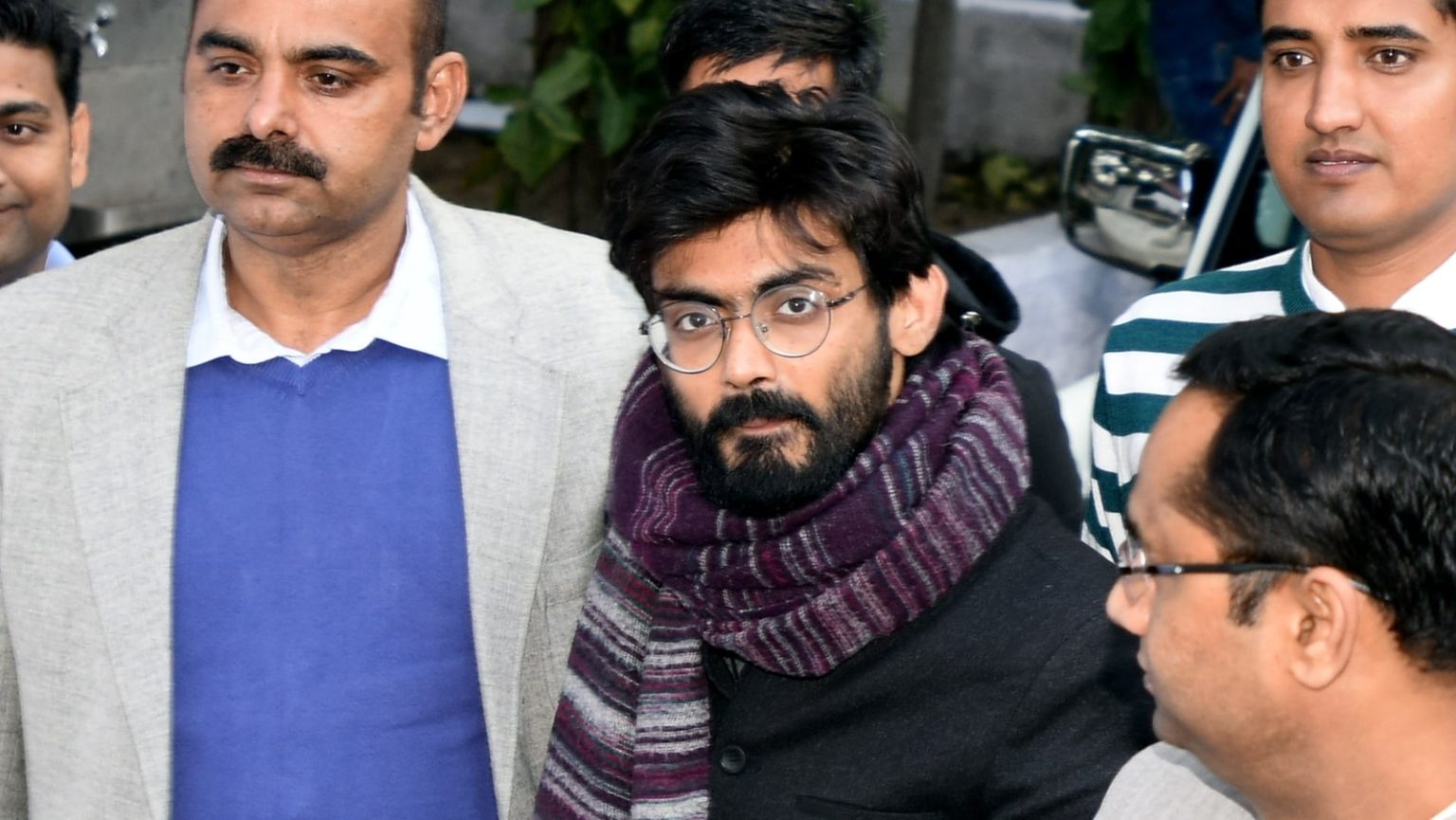The case is linked to the larger conspiracy behind the February 2020 riots in Delhi. Activist Sharjeel Imam on Saturday approached the Supreme Court against the Delhi High Court’s order denying him bail in the 2020 Delhi riots case. The UAPA case is linked to the larger conspiracy behind the February 2020 riots in North-East Delhi.
A bench of Justices Navin Chawla and Shalinder Kaur dismissed the bail pleas of Imam, along with that of seven others. The court had reserved its order on the pleas, filed in 2022, 2023 and 2024, on July 9. “All the appeals are dismissed,” the HC bench said, while passing the order.
The prosecution had, during the hearing, submitted before the court that the riots were not spontaneous but had been “planned well in advance”, adding that this was done with a “sinister motive” and was a “well-thought out conspiracy.” Imam, along with Umar Khalid and others, had been charged under Unlawful Activities (Prevention) Act (UAPA) and provisions of the Indian Penal Code (IPC) for being allegedly being the “masterminds” of the riots.
The riots, which erupted during protests against the Citizenship Amendment Act and the National Register of Citizens (CAA-NRC), led to the deaths of 53 people, leaving more than 700 injured. The others who were denied bail include Umar Khalid, Gulfisha Fatima, United Against Hate (UAH) founder Khalid Saifi, Athar Khan, Mohd Saleem, Shifa-ur Rehman, Meeran Haider and Shadaab Ahmed.
Meanwhile, a coordinate bench of the Delhi HC also denied bail to Tasleem Ahmad, a co-accused in the same case. The accused had approached the Delhi HC after being denied bail by a lower court, arguing that they had been in custody for more than four years now. The petitioners said that the slow pace of the trial had made their prolonged incarceration unjustifiable. They highlighted the bail granted to co-accused Natasha Narwal, Devangana Kalita, and Asif Iqbal Tanha, while asserting that they were entitled to bail on the grounds of parity.



